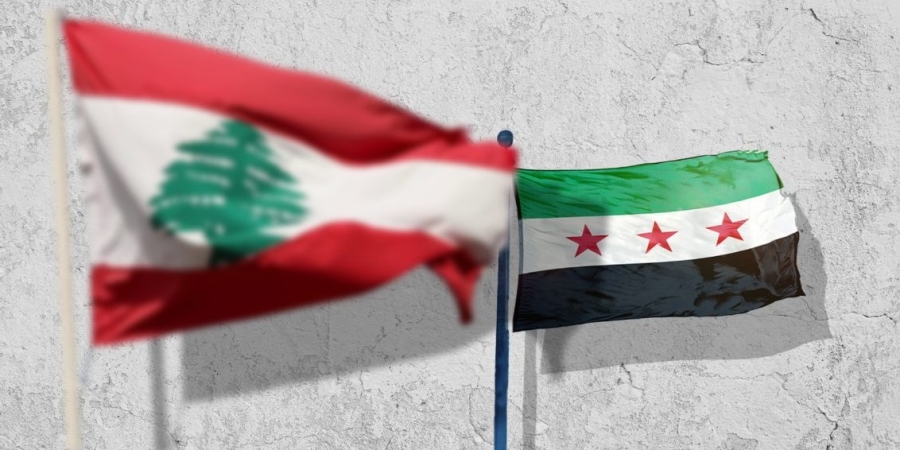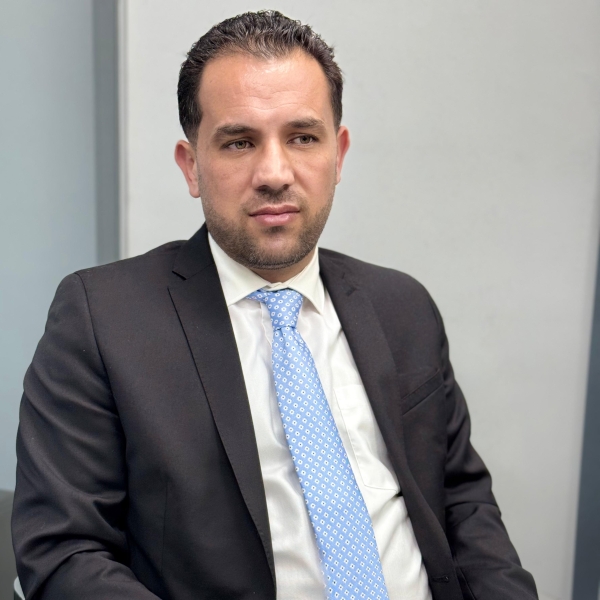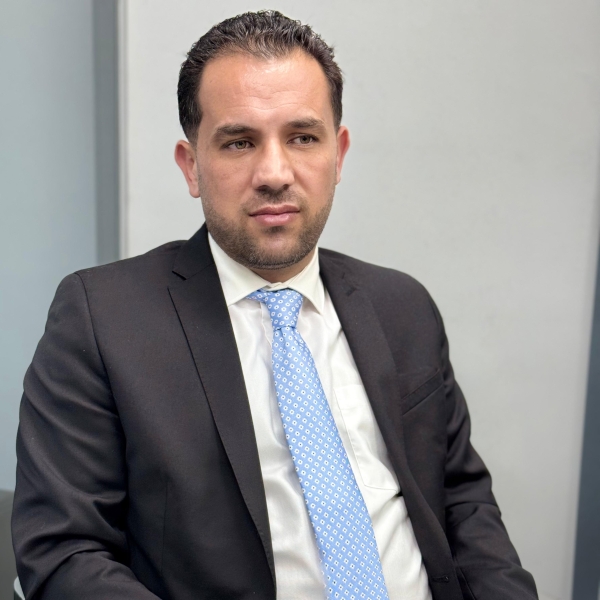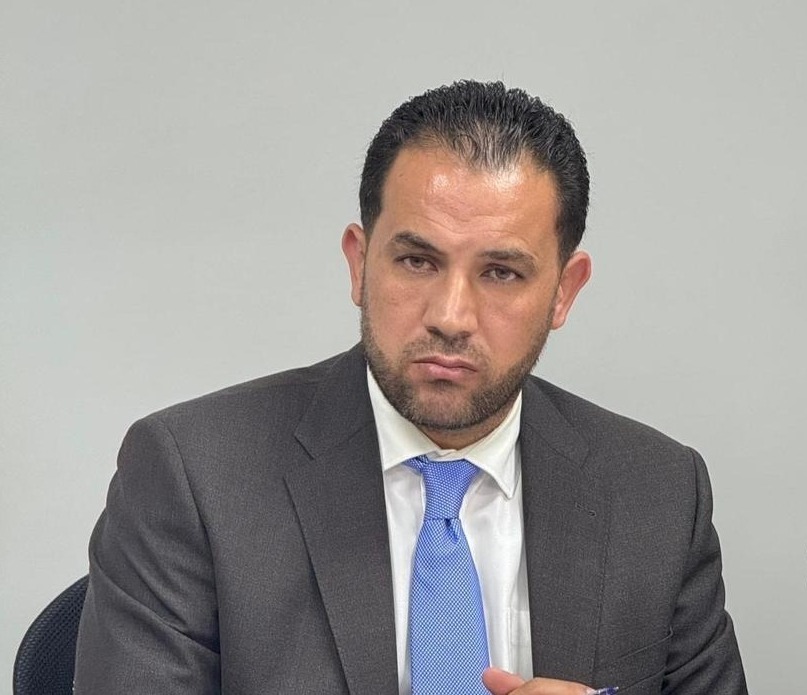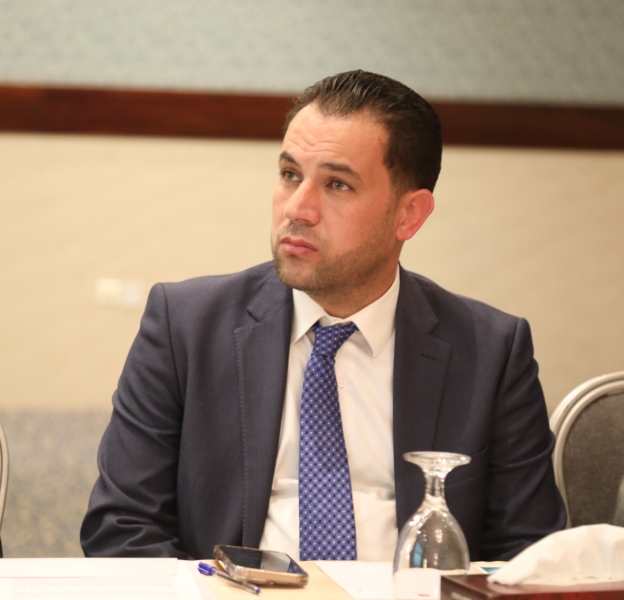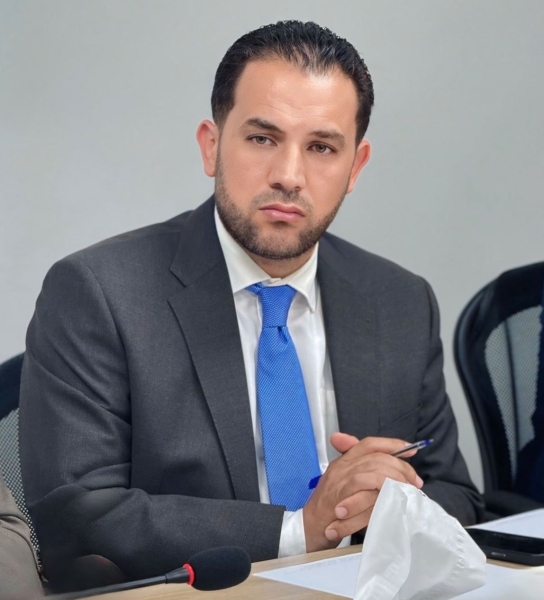The Missing Role in Exceptional Times
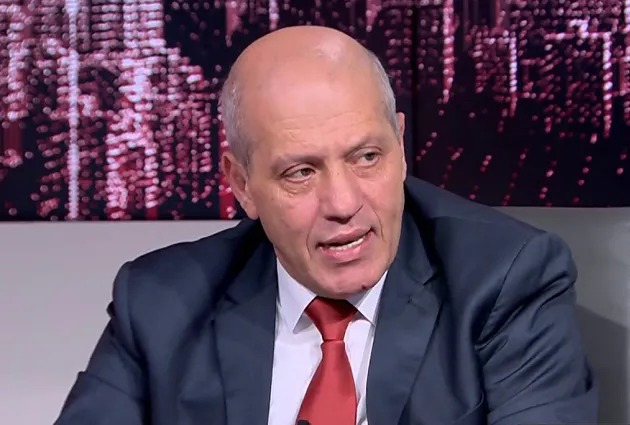
What stands out the most in Jordan is the lack of strategic thinkers who plan for the future amid crises, risks, and the fires that currently surround us, as well as those that will ignite in the future.
In recent months, discussions in closed sessions and media outlets have been increasingly focused on the threats facing Jordan. However, as is often the case, we limit ourselves to brainstorming, diagnosing issues, and identifying some risks—treating these discussions over dinner as a substitute for structured, methodical work based on clear principles.
This role is supposed to be fulfilled by research and political analysis centers, as well as study institutions, of which there are many in Jordan. Among the most notable is the Center for Strategic Studies at the University of Jordan. However, the Center has been criticized for its declining role, becoming weaker by the day, particularly during these critical times. Ideally, the Center’s administration should adopt a different path by intensifying its activities and bringing together leading political, security, and economic experts, among others, on an ongoing basis. The goal should be to identify risks and solutions based on data, facts, and internal and external dynamics, and to effectively communicate findings to decision-makers and the media, particularly through bold and accurate surveys that assess Jordanian society and pinpoint its vulnerabilities and strengths, accompanied by actionable recommendations.
A review of the Center’s website reveals panel discussions, working papers, situation assessments, and various activities. However, the scope of the Center’s work appears limited, sporadic, and insufficient. Its diminishing role becomes evident when compared to new research and analytical institutions in Jordan, such as the Institute for Politics and Society, which has been achieving qualitative, professional, and innovative progress in organizing discussions, workshops, training programs, and interactions with elites. Other centers, like Masarat, have become important players that actively engage with contemporary issues without being restricted by any considerations other than Jordan’s interests.
This comparison is not intended to provoke or create sensitivities, but to highlight the phenomenon of institutions aging after once being vibrant and impactful, relying solely on past achievements that no longer serve today’s goals or align with the functional mandates of institutions, administrations, and individuals. This calls for renewing the leadership of strategic institutions to ensure they adapt their work plans, methods, and approaches. Continuing with the status quo will not change realities but will perpetuate stagnation, akin to wasting public funds without tangible returns in a country rich in human resources and expertise. One of Jordan’s greatest flaws lies in its daily life practices, where there is widespread reluctance to change due to fear of being accused of personal or malicious motives.
Amid internal complexities and political, economic, and social challenges, coupled with regional crises and global transformations, there is an urgent need for a different role for the Center for Strategic Studies. This shift is necessary to break free from the vicious cycle of whispered concerns about sensitivities or limitations that hinder the work of such centers. As Jordan's first research center, its role in these circumstances is notably absent. The Center should have devised a work plan to address these crises rather than leaving discussions confined to personal lunches and dinners, devoid of solutions, initiatives, or actionable insights to guide state decision-making. The Center must delve deep into societal layers, comprehensively assessing strengths and weaknesses to prevent impulsive or baseless decisions.
This critique is not an attack on anyone nor an attempt to settle scores with any respected entity. Instead, it is driven by the urgent need to address the absence of impactful roles and the reliance on minimal efforts during critical times, where deep opinions, interventions, and assessments are desperately needed—rather than idle chatter in social gatherings.

